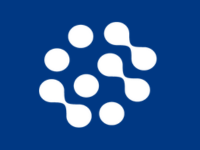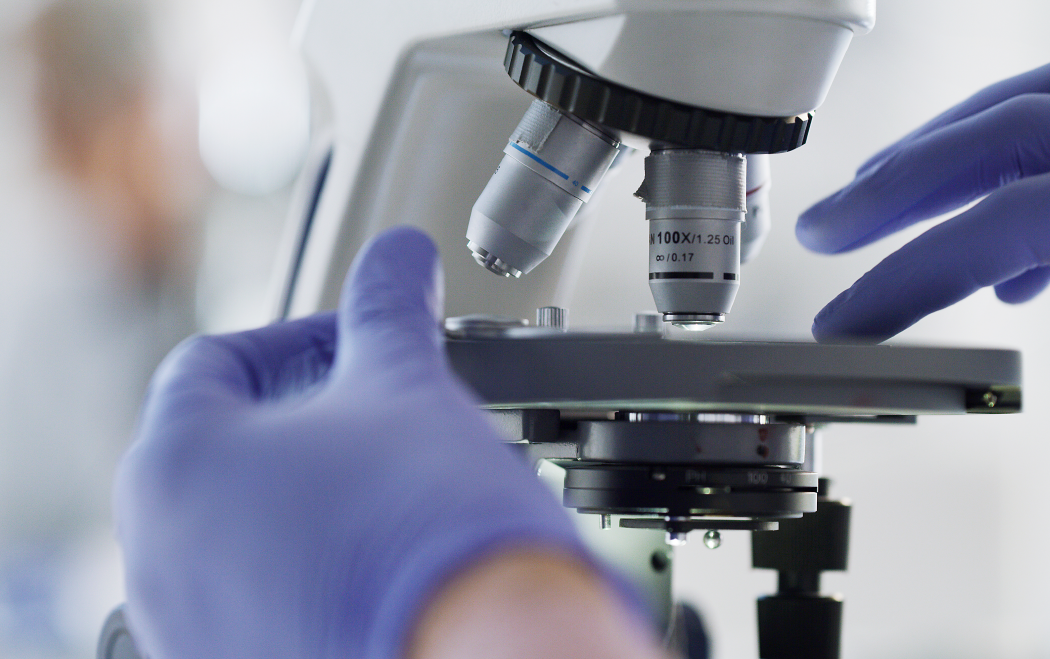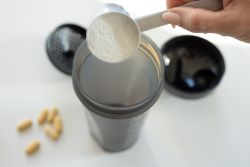
J. David Legan, PhD
Director of Science
David earned his Ph.D. in Food Technology from the University of Reading in the UK by modeling the ecology of mixed microbial populations, and then moved to Campden BRI in a variety of microbiological food safety research and client service roles. During that time, he was project lead for the Bacillus component of the UK’s pathogen modeling program. He moved again to Nabisco Research in New Jersey where he ran the corporate microbiology lab and developed a program of preservation technology development and microbial modeling. After the Kraft Foods acquisition, he moved to Chicago to work on Food Safety and Preservation research, and through modeling and validation studies:
- Optimized Oscar Mayer’s use of lactate and diacetate and their naturally cultured alternatives as Listeria-control agents in Ready to Eat meats
- Specified process conditions central to Oscar Mayer’s commercial launch of High Pressure Pasteurization of naturally cured RTE meats
David had responsibility for the Kraft cultures R&D group, developed a partnership to explore microwave sterilization leading to several patents, and led a program that developed an internal proprietary natural antimicrobial commercialized in several Kraft products. Technologies from his group supported approximately $4 billion in annual sales.
After years as a microbiology "client", he is now back in the "provider" role as Director of Science at Eurofins Microbiology Laboratories, Inc., by way of the Covance Food Solutions group based in Madison, WI, which he joined in 2016. In this role, he ensures appropriate method validation, explores new testing technologies, and fields multiple complicated food microbiology questions.
Products that his team has evaluated or developed and launched include:
- The 3M MDS platform in the Madison microbiology laboratory
- Flow cytometry for enumeration of probiotics
- Strain-level confirmation of probiotic identification using the polymerase chain reaction (PCR)
- Next-generation sequencing using the Oxford Nanopore Technologies GridION sequencing platform for microbial identification and microbiome analysis
Below are resources from David:
In today’s supplement marketplace, contract manufacturers play a pivotal role. As retailer expectations evolve and third‑party verification becomes increasingly important, product certification is no longer just a valued add, it’s becoming a strategic advantage. Click to learn more about the benefits of product certifications.
Infrared spectroscopy is a powerful analytical tool for rapid, nondestructive measurement. But despite its advantages, IR often develops a reputation for being unreliable or not accurate as primary methods. Keep reading to learn more about how to build and validate a reliable model.
As we look back on 2025, one thing is clear: innovation didn’t slow down, it got sharper. Across major food, beverage, supplement, and ingredient tradeshows this year, the conversation shifted away from flashy novelty and toward proof, performance, and practicality. Here is our perspective on what to expect in 2026.
Our "Behind the Science" series looks at food testing from the perspective of the testers and industry experts who devote their careers to it. In this episode, Eurofins Chief Scientific Officer, Dr. Doug Marshall speaks with Dr. Kangming Ma, President at Eurofins QTA. Originally aired on January 20, 2026.
The production and distribution of foods, beverages, nutraceuticals, and related products can offer a wide variety of unique challenges at every stage of development and release, including off-odors and off-flavors, discolorations, and the presence of foreign materials. This webinar covers various analytical strategies for troubleshooting these challenging problems. Originally Aired on January 21, 2026.
How do you know when it makes sense to bring in product development support and when it doesn’t? Based on what we see across brands, ingredient companies, and startups, here’s a practical way to think about it.
The rapid rise of mocktails and alcohol alternatives signals a deeper shift in consumer behavior. As the category matures, brands are discovering that removing alcohol is only the beginning.
As the category of sports nutrition matures, so does the science behind it, and few ingredients illustrate that shift better than creatine. Once viewed as a niche performance supplement, creatine has entered the mainstream, driven by a growing body of research, broader consumer education, and innovation in product formats.
In the dietary supplement and ingredient industry, protecting consumer health and meeting regulatory expectations are nonnegotiable. One critical aspect of quality control is residual solvent testing. Residual solvents, volatile chemicals used during manufacturing, can remain in products if not properly removed.
As the pet supplement market continues to expand, particularly in preventative care, accurate quantification of MSM has become essential. Manufacturers require robust analytical methods to ensure that label claims are substantiated and that formulations meet quality standards while complying with AAFCO ingredient definitions and state feed regulations.











